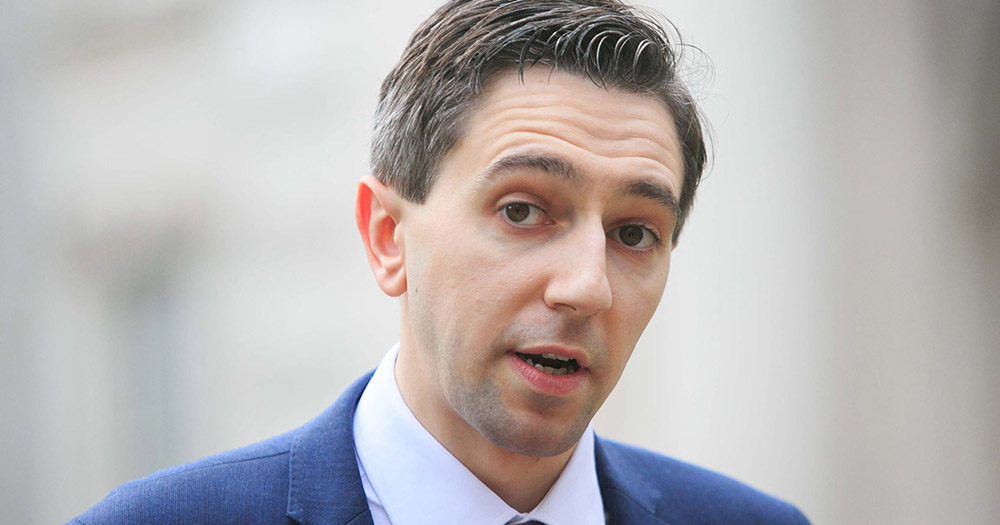Minister Simon Harris has promised to meet with trans activist groups over the coming months to determine how the health service may work in line with international best practice in the provision of hormone treatment for trans people.
Currently, the HSE requires transgender people to have a diagnosis from a psychiatrist before they can be provided with hormone therapy. But last month the World Health Organisation changed its policy and said that transgender issues would be categorised under sexual health, rather than mental health.
The new definition will be included in the international classification of diseases, which will be presented next year for Ireland to adopt. The state will have until 2022 to prepare before the new classification comes into effect.
Junior Health Minister, Catherine Byrne, welcomed the new classification, saying it could “best meet the healthcare needs of transgender people”.
Last February Minister Byrne said that transgender specific guidelines developed by the World Professional Association of Transgender Healthcare (WPATH) and supported by Transgender Equality Network Ireland (TENI) would provide the framework for the new services being developed by the HSE, which include nine new posts and the development of gender clinics.
However, Professor Donal O’Shea, a consultant endocrinologist at Saint Columcille’s Hospital and one of only two in the country who provides hormone treatment for trans people, told GCN: “We don’t intend to run the service in line with WPATH guidelines. Aligning with them would result in significant harm accruing to those with gender confusion.”
The WPATH guidelines are internationally accepted as best practice. Their current version was updated in 2017 and is used extensively when treating trans people. According to Vanessa Lacey of TENI the guidelines represent the organisation’s “bottom line, as they’re evidence-based” and “people-centred”.
Dr Paul Moran, a liaison psychiatrist who plays a central role in treating people at the Dublin clinic, says the WPATH guidelines “as they apply to assessment and treatment recommendation, are not part of our model of care, are clinically unsafe, and unsuitable for use in a public healthcare gender clinic.”
According to Stephen O’Hare, CEO of TENI, the organisation “would expect that services would be in line with WPATH guidelines.”
“Our view and the views shared by the HSE is that services should be delivered in line with international best practice. We would assess that best practice are WPATH guidelines. The responsibility of the HSE and the Department of Health is to ensure adherence to these standards,” he said.
The first ever Trans Pride march will take place in Dublin on Saturday, July 28 at 2 pm going from Liberty Hall to Fairview Park. Marchers will be demanding better access to healthcare for trans people.
© 2018 GCN (Gay Community News). All rights reserved.
